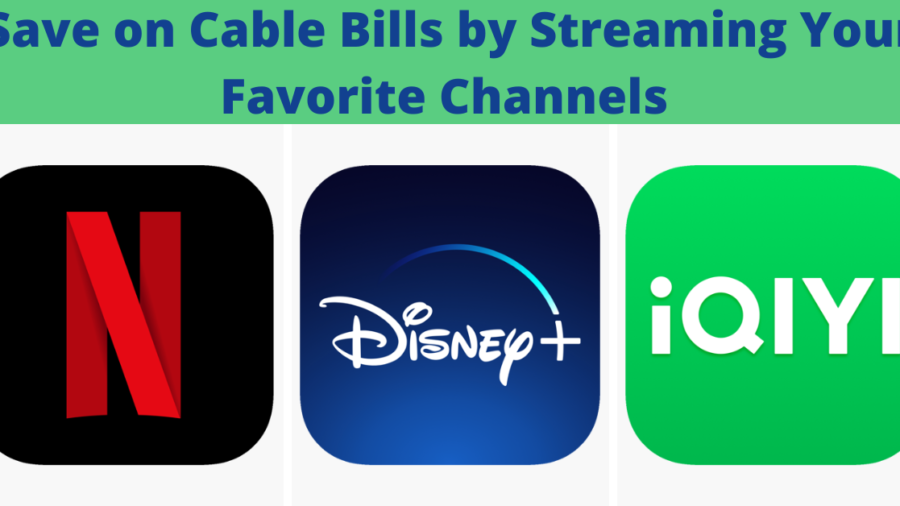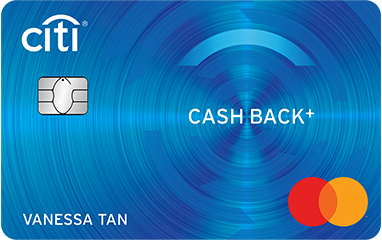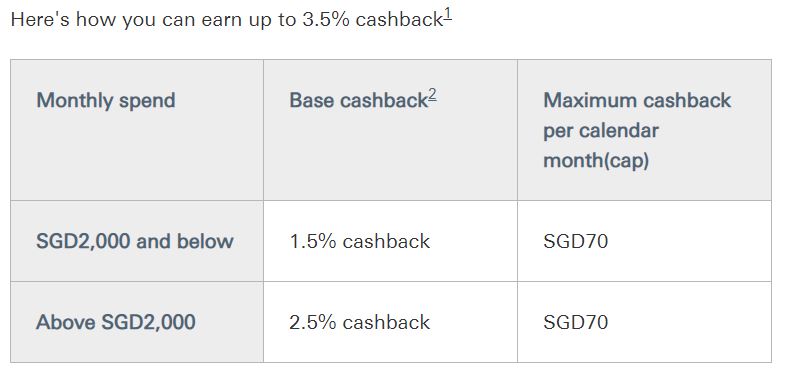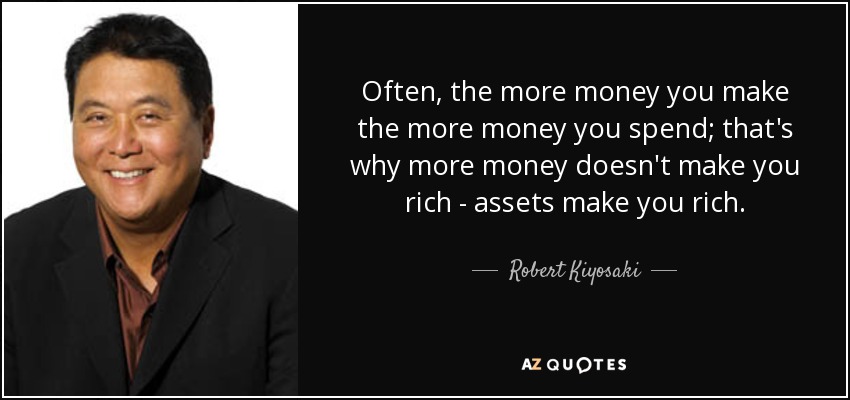Are you burnt out or bored with Singtel or StarHub?
Do you wish you had a broader variety of things to watch without paying for extraneous channels?
Are you frustrated with MediaCorp TV?
Do you miss the days of variety from satellite dish entertainment?
If you answered ‘yes’ to any of these questions, you will be well-rewarded for reading the rest of this article. Provided below is a guide to getting digital entertainment for discerning Singaporeans who want to cut the cable (Read More: Purge Your Money Burdens) but still access media on their own schedule and at more negotiable prices.

Determine the Right Video Streaming Service and Plan
Because there are many streaming services out there, you need to understand what each platform offers. While it is best to do your own research, we can assist by providing an overview of the major providers, their pricing and even highlighting which ones have free trials.
Netflix
While the platform that allowed streaming to rise to its current prominence has recently taken several hits, Netflix is still a solid streaming service for original programming. It also features a decent catalog of television and films that is constantly being subjected to updates.
Pricing Structure: Netflix offers three subscription tiers.
- Basic (S$12.98/month) – This option has a single-screen limit and only offers standard-definition content. Downloads are limited to one device.
- Standard (S$17.48/month) – This option has a two-screen limit and offers Full HD content. Downloads are limited to two devices.
- Premium (S$21.98/month) – This option has a four-screen limit and adds Ultra HD to content options. Downloads are limited to four devices.
Free trial – 30 days
Disney+
If you love anything Disney-related or its many subsidiary properties, then this is the streaming service for you.
Pricing Structure: Disney+ subscriptions come in a few plans.
- Monthly – S$11.98/month
- Yearly – S$119.98 upfront
- StarHub Bundles – StarHub features several bundles that include Disney+.
Free trial – Not available
Amazon Prime Video
Prime Video (check review) is full of original series and films, as well as a respectable library of third-party content.
Pricing Structure: Anyone interested in a Prime Video subscription can pay S$2.99 a month. It includes access to Amazon Prime.
Free trial – 30 days
Apple TV+
If you are a fan of all things Apple or curious about shows like “Ted Lasso”, you might consider giving this platform a shot.
Pricing Structure: S$6.98/month.
Free trials – 7 days
HBO GO
HBO GO is an exhaustive compilation of Hollywood films, blockbusters and original series from the various brands of HBO and Cinemax.
Pricing Structure: Anyone interested in an HBO GO subscription without using another service provider can pay either S$13.98/month or S$29.98/three months.
Hayu
Over 200 reality programs are available the same day that Americans see them.
Pricing Structure: S$4.99/month.
Free trial – 7 days
iQiyi
If you love your pan-Asian media, this streaming service is for you. They even offer several original programs.
Pricing Structure: Anyone interested in subscribing to iQiyi has two options:
- Standard – S$8.98/month with a two-screen limit.
- Premium – S$12.98/month with a four-screen limit.
Viu
Nicknamed ‘Korean Netflix’, this streaming platform is a reliable spot for binge-worthy Korean dramas.
Pricing Structure: Anyone interested in subscribing to Viu has three options with special pricing available for student subscribers:
- Basic – This is the ad-supported free tier but comes with only limited access to standard definition programming. Users can access content 72 hours after it becomes available to Premium users and may download one show at a time.
- Premium – Users have unlimited, ad-free access to Viu’s catalog and are free to download as often as they wish. New shows become available 8 hours after the telecast. While this tier is available for S$7.98/month, that cost is reduced for lengthier subscriptions: 90 days, 180 days or a full year (S$7.58/month, S$7.19/month and S$6.39/month, respectively).
- Premium (Student) – Students who present a school ID can receive a discounted subscription to Viu Premium that only costs S$3.98 per month.
Free trial – 7 days.
Buy a Video Streaming Device
Once you know which streaming services you like, your next step is acquiring a device to stream those services. In the simplest of terms, this is like a set-top box that connects directly to a TV and allows you to watch your favorite films and shows through that TV; think of it as a replacement for a cable box. While there are dozens of brands on the market, the major names include Amazon Fire TV, Apple TV, Chromecast and Roku.
Final Thoughts
Now that you have a better idea of your options, you now know which services can best suit your tastes in media. You will need a streaming device to enjoy them on a screen bigger than your phone, tablet or monitor (Read More: How To Save On Big Ticket Purchases). You can safely cut that cord and still find plenty of entertainment to consume with friends and family.
(Read more: The Ultimate 4 Quadrants Shopping Guide Especially If You Are 28 and Older)
Chengkok is a licensed Financial Services Consultant since 2012. He is an Investment and Critical Illness Specialist. Wealthdojo was created in 2019 to educate and debunk “free financial advice” that was given without context.
Feel Free To Reach Out To Share Your Thoughts.
Contact: 94316449 (Whatsapp) chengkokoh@gmail.com (Email)
Telegram: Wealthdojo [Continuous Learning Channel]
Reviews: About Me




















